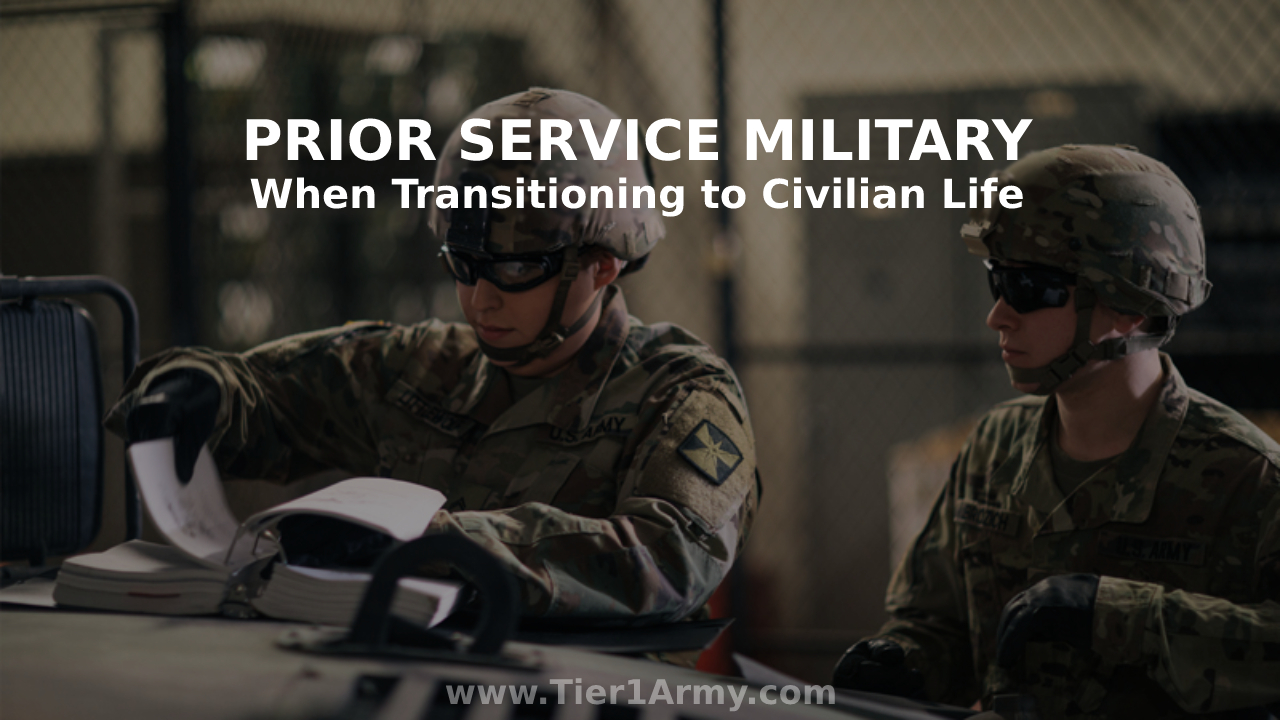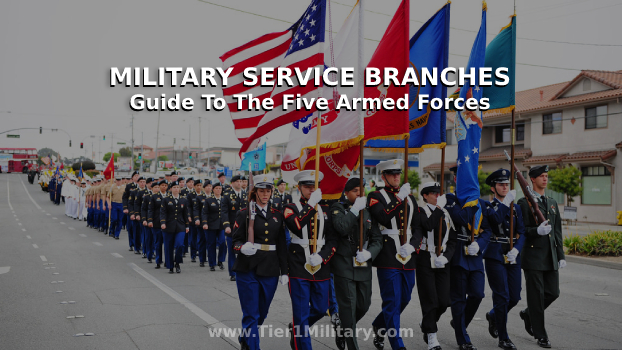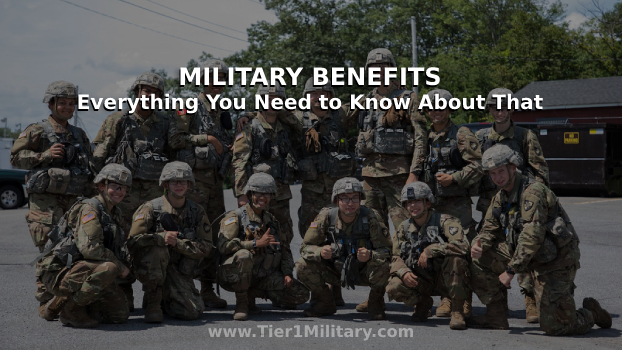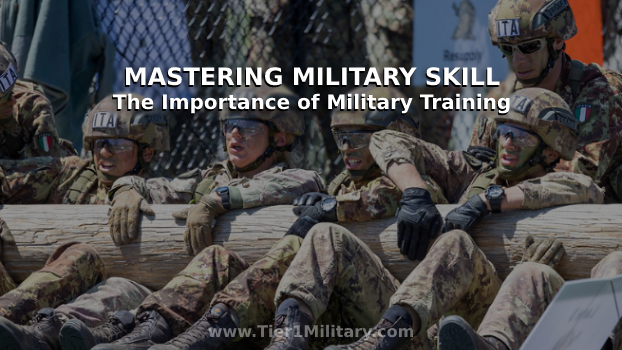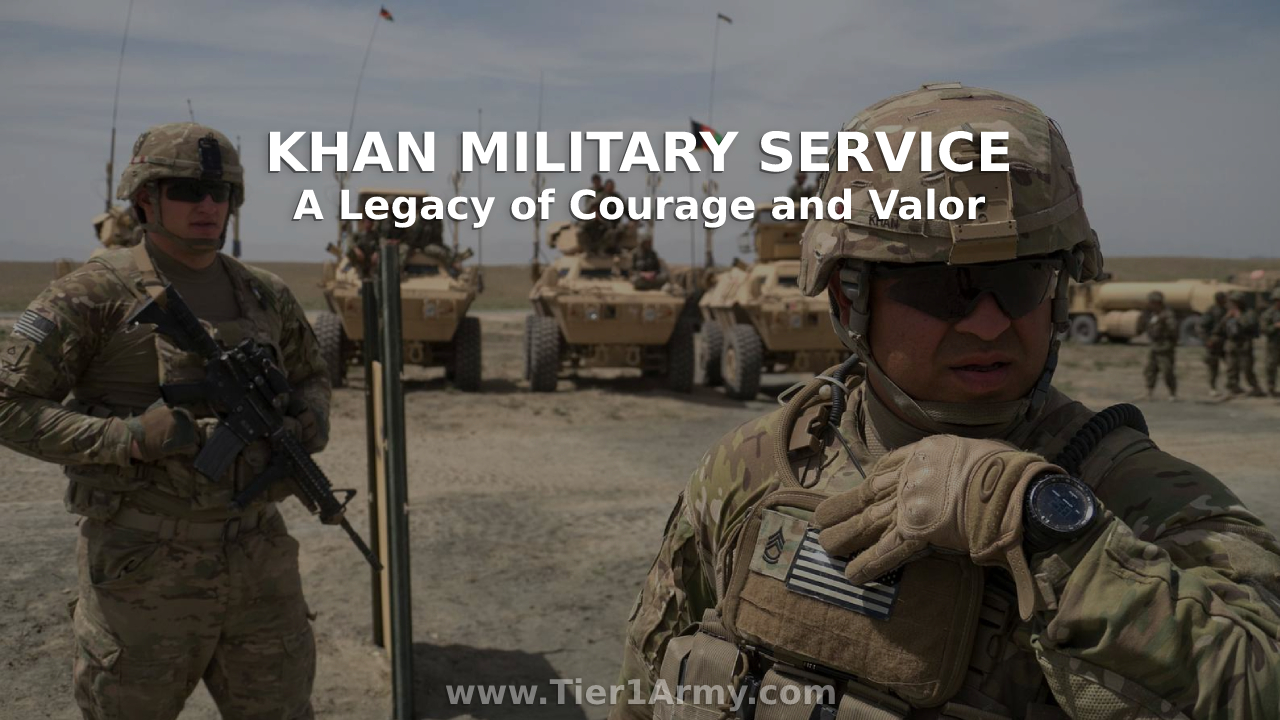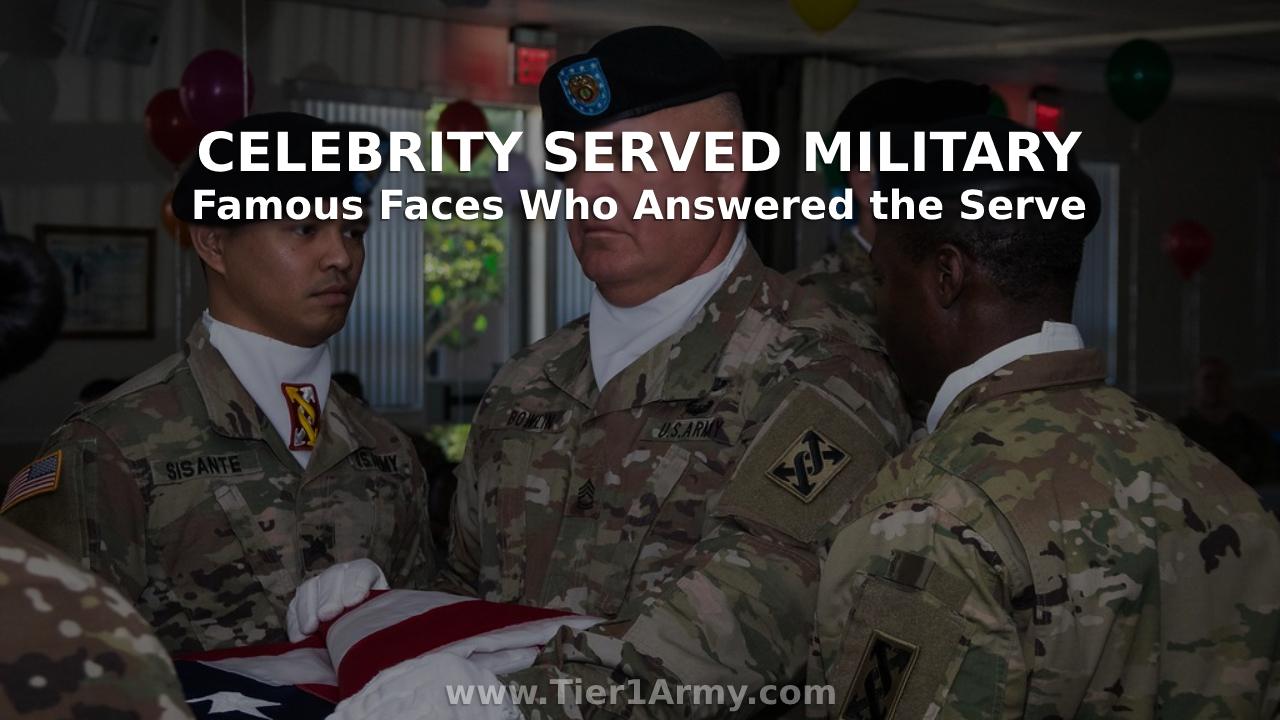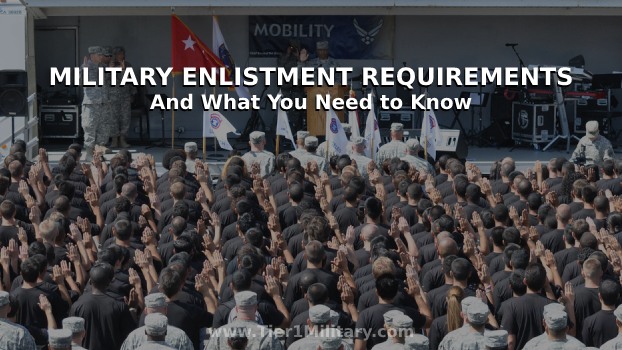
Transitioning from a military career to a civilian one can be a daunting experience. Prior service military personnel have unique skills, experiences, and values that can be valuable in a civilian setting, but the transition can still be challenging.
Some find it difficult to find work or adjust to a different lifestyle. Fortunately, resources are available to support the migration process.
In this article, we will explore the challenges that service military personnel face when transitioning to civilian life and provide resources to help them overcome these obstacles.
Challenges Prior Service Military
One such challenge is the loss of meaning and identity The military has a clear understanding of mission and purpose that is difficult to replicate in civilian life.
1. Culture Shock
The military culture is vastly different from the civilian world. Many prior service military personnel may experience culture shock when they leave the military.
This can include adjusting to a different pace of life, a different work environment, and different social norms.
2. Employment
One of the biggest challenges for prior service military personnel is finding employment. The skills and experiences gained in the military may not always translate to the civilian job market.
Additionally, some employers may be hesitant to hire someone with a military background due to misconceptions about military personnel.
3. Education
Some ex-military personnel may find it difficult to obtain higher education due to financial constraints or difficulty adjusting to different learning environments.
Overall, the challenges faced by prior service military personnel when transitioning to civilian life are multifaceted and complex.
However, by utilizing resources and support systems, individuals can overcome these challenges and thrive in their new civilian careers.
Resources Prior Service Military
Fortunately, a variety of resources are available to help military personnel transition from their former duties to civilian life. These resources help individuals find employment, get an education, and adapt to new social environments.
One of the most comprehensive resources available is the Transition Assistance Program (TAP). TAP is a government-sponsored program designed to help military personnel transition to civilian life.
The program includes a variety of services including job search assistance, resume writing, and information about available benefits and resources.
TAP also offers job search and financial management training. Which can be a valuable resource for those seeking a smooth transition to civic life.
Another resource available to prior service military personnel is the Military Skills Translator. This online tool helps individuals translate their military skills and experiences into civilian job qualifications. This can be especially helpful for those struggling to find employment or seeking to make a career change.
The GI Bill is a valuable resource for those pursuing higher education. The GI Act provides educational benefits to military personnel and their families. Enabling individuals to obtain higher education and acquire the skills necessary to transition to new careers.
A GI bill can cover tuition, fees, and other educational expenses, making it an attractive option for those wishing to continue their education.
In addition to these resources, there are also various organizations and support groups available to provide assistance to former military personnel.
These groups provide a sense of community and connection during the migration process. And have access to additional resources and support.
Examples of such organizations include Foreign War Veterans (VFW), US Corps, and Wounded Soldiers Project.
Conclusion
Overall, the resources available to prior service military personnel are vast and varied. By utilizing these resources and seeking out support, individuals can overcome the challenges of transitioning to civilian life and find success in their new careers.
Transitioning from a military career to a civilian career can be difficult, but it’s important for former service members to know they’re not alone Resources such as TAPs, Military Skill Translators, and.
GI Bills are available to help you with any challenges you may face. By leveraging these resources and preparing for the transition, military personnel can transition successfully from their previous service into civilian life and succeed in their new careers.
It is important that individuals and communities recognize and support the sacrifices of service members and their families.
The challenges ex-military personnel face in transitioning to civilian life can be significant, but with the right resources and support, individuals can make the transition successfully and find fulfillment in their new civilian careers.
By working together to support these individuals, we can honor their service and ensure their continued success in civic life.
